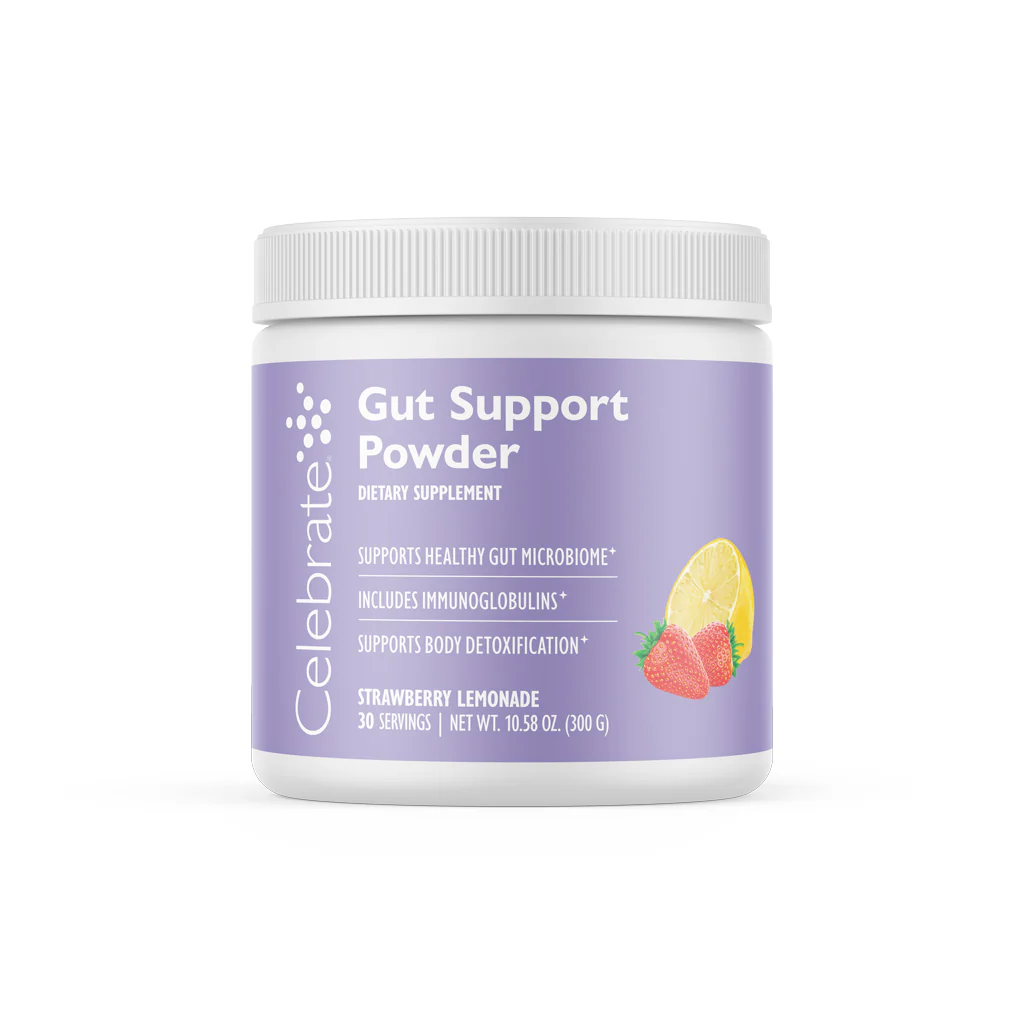Discover the Trick to Digestion and Resistance With Intestine Health Assistance

Comprehending Digestive Tract Health
Recognizing gut wellness is important for general well-being, as it plays a substantial role in food digestion, immunity, and also mental wellness. The gut, consisting of the gastrointestinal tract, is accountable for breaking down food, soaking up nutrients, and removing waste. A well balanced gut atmosphere makes certain efficient food digestion, permitting the body to use nutrients properly.
Moreover, digestive tract wellness significantly affects the immune system. The intestine houses a substantial part of the body's immune cells, and a healthy and balanced intestine can help fend off microorganisms and reduce inflammation. Interruptions in digestive tract wellness can bring about an overactive immune reaction, possibly adding to autoimmune problems and allergic reactions.
Additionally, the gut is typically described as the "2nd mind" as a result of the gut-brain axis, a complex communication network linking the brain and the gut. This connection influences state of mind, cognition, and emotional well-being. Problems such as dysbiosis, characterized by an imbalance in gut bacteria, have been related to mental wellness problems, including stress and anxiety and anxiety.
The Digestive Tract Microbiome Explained

The digestive tract microbiome, a varied community of microorganisms residing in the gastrointestinal tract, plays a critical function in maintaining digestive system health and total well-being. Consisting of trillions of bacteria, viruses, fungis, and other microbes, this complex community aids in the digestion of food, the synthesis of important nutrients, and the guideline of metabolic processes.
Each person's digestive tract microbiome is one-of-a-kind, affected by factors such as diet plan, way of living, genes, and ecological direct exposures. A balanced microbiome supports optimal food digestion by damaging down facility carbs, creating short-chain fats, and helping with the absorption of nutrients. Alternatively, an imbalance, commonly referred to as dysbiosis, can result in digestive system problems, consisting of short-tempered digestive tract disorder (IBS) and inflammatory digestive tract condition (IBD)
Research study has demonstrated that a diverse microbiome is linked with far better health and wellness results, underscoring the relevance of nutritional choices in supporting these microorganisms. Foods abundant in fiber, probiotics, and prebiotics, such as fruits, veggies, and fermented items, can promote a healthy microbiome. Understanding the gut microbiome is crucial for developing targeted treatments targeted at improving digestive wellness and avoiding gastrointestinal illness.

Link Between Digestion and Immunity
A durable link exists between digestion and immunity, highlighting the essential role of the digestive tract in maintaining overall health. The gastrointestinal tract is home to trillions of microorganisms that form the intestine microbiome, which significantly influences both immune actions and digestive system procedures. This complex ecological community aids in breaking down food, soaking up nutrients, and offering essential metabolites that sustain immune feature.
When food digestion is efficient, the gut barrier continues to be undamaged, protecting against hazardous virus from getting in the bloodstream. Around 70% of the immune system lives in the gut-associated lymphoid tissue (GALT), which engages very closely with the digestive tract microbiome.
Tips for Sustaining Digestive Tract Health
Supporting intestine health and wellness is vital for maintaining both digestive system performance and a well-functioning immune system. To foster optimal intestine health and wellness, take into consideration integrating several sensible techniques right into your everyday routine.
First, focus on hydration. Consuming alcohol adequate water supports food digestion and assists maintain the mucosal cellular lining of the intestines. Additionally, routine physical activity can improve digestive tract mobility and promote a diverse microbiome.
Conscious eating techniques are additionally crucial. Eating food extensively and eating gradually can get redirected here aid digestion and check these guys out avoid overeating, which may stress the gut. Handling stress through strategies such as reflection, yoga exercise, or deep-breathing exercises can positively affect gut health and wellness, as stress is known to interrupt digestion procedures.
Incorporating prebiotics and probiotics into your routine is an additional effective approach. While particular foods will certainly be gone over later on, recognizing the importance of these components is important. Prebiotics work as food for beneficial gut bacteria, while probiotics introduce live useful organisms.
Lastly, avoid excessive use of antibiotics, as they can interrupt the equilibrium of intestine vegetation. By adhering to these ideas, you can dramatically add to the upkeep of a healthy gut, which is crucial for overall health and vigor.
Foods That Promote Intestine Health

Fermented foods, such as yogurt, sauerkraut, kimchi, and kefir, are rich in probiotics, which are useful germs that support gut flora and improve food digestion. These foods can aid recover equilibrium in the intestine, specifically after antibiotic usage or digestion disturbances.
Along with fermented options, prebiotic foods, such as garlic, onions, asparagus, and bananas, function as sustenance for these probiotics, advertising their development and activity. These soluble fibers support intestine mobility and can ease problems like irregularity.
Furthermore, incorporating high-fiber foods, including entire grains, fruits, veggies, and vegetables, is vital for maintaining a healthy and balanced digestive tract. Fiber aids in regular bowel activities and assists prevent digestive system conditions.
Lastly, omega-3 fats found in fatty fish, flaxseeds, and walnuts have anti-inflammatory homes that can further sustain gut wellness. Highlighting these foods in your diet regimen can result in a durable gastrointestinal system and boosted immune function.
Verdict
In conclusion, prioritizing digestive tract wellness is important for enhancing food digestion and boosting resistance. A well balanced gut microbiome, influenced by dietary options and way of life aspects, plays a critical duty in nutrient absorption and inflammation reduction.
Recognizing digestive tract wellness is vital for total wellness, as it plays a considerable duty in food digestion, resistance, and also psychological wellness. The intestine houses a significant portion of the body's immune cells, and a healthy digestive tract can assist fend off microorganisms and reduce swelling.Additionally, the gut is typically referred to as the "second brain" due to the gut-brain axis, a complex communication network connecting the mind and the intestine.A durable connection exists between food digestion and resistance, highlighting the vital function of the digestive tract in maintaining overall wellness.In verdict, prioritizing gut health is essential for maximizing additional hints food digestion and improving immunity.